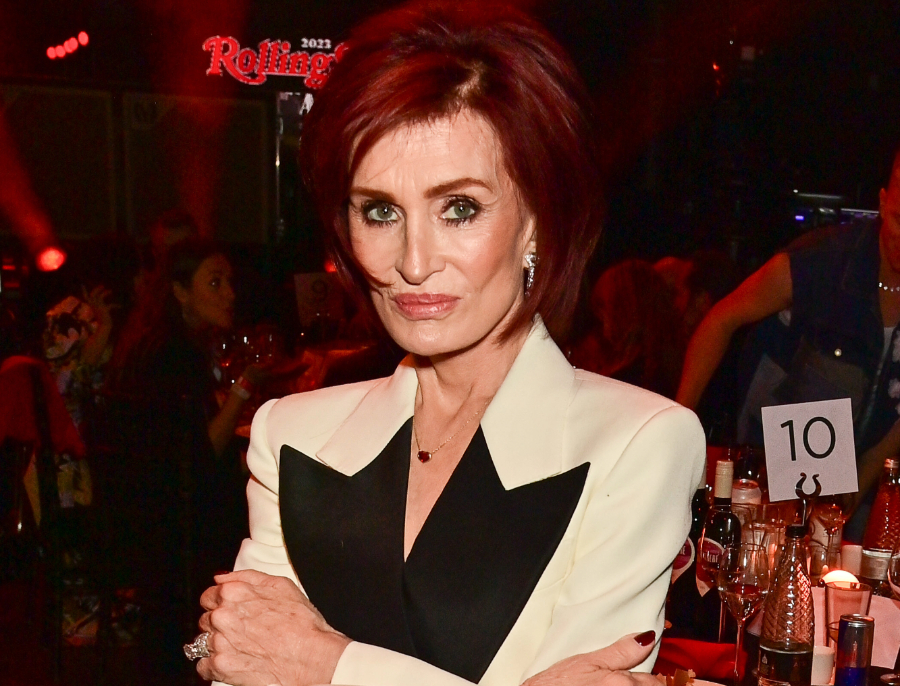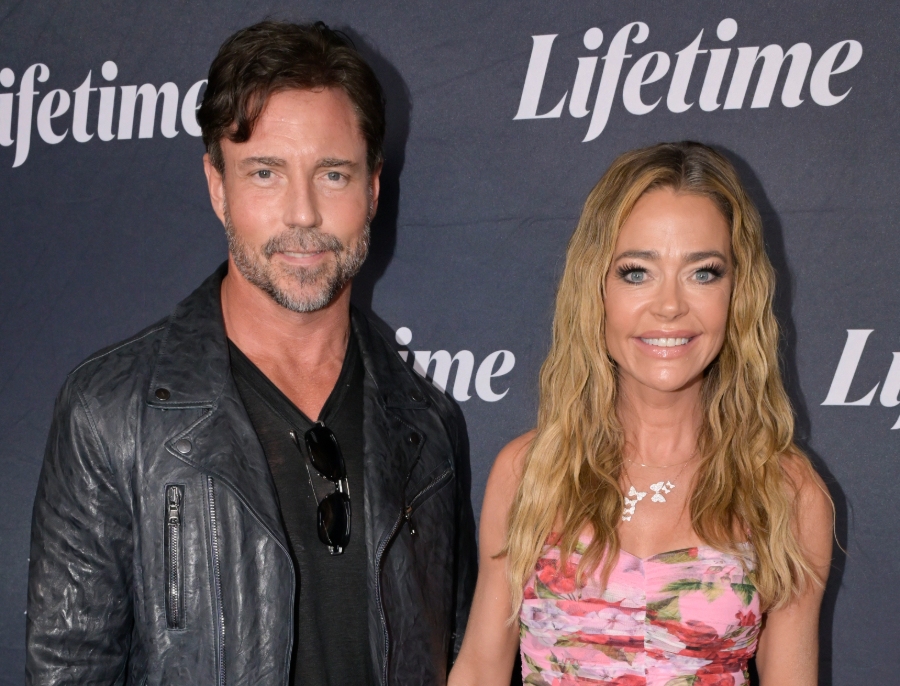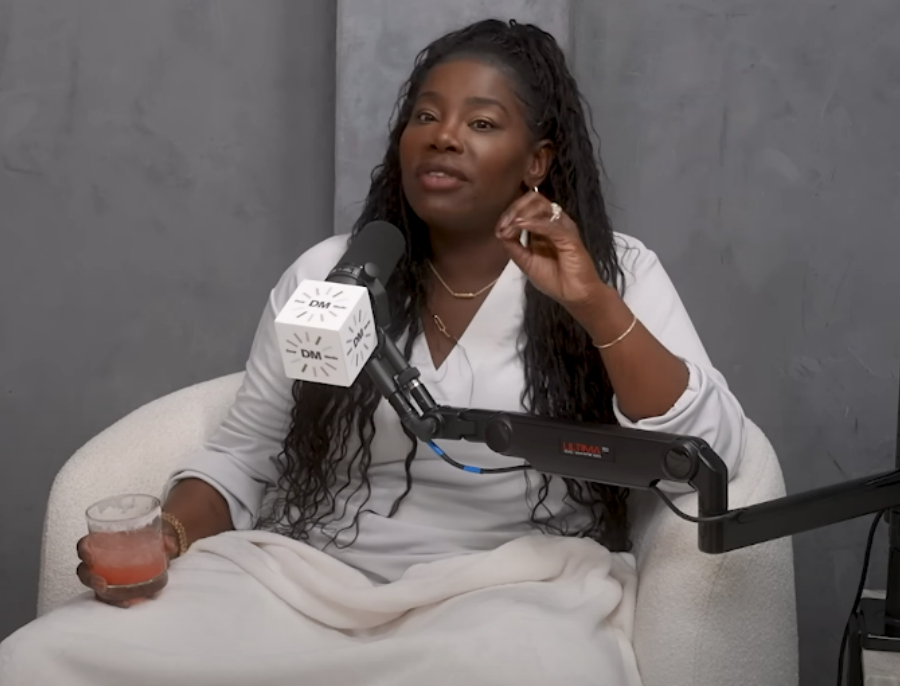A Look Back at Sharon Osbourne’s Legendary Career As Ozzy Retires from Black Sabbath

Villa Park was wall-to-wall nostalgia on July 5, as the four original members of Black Sabbath, accompanied by longtime manager Sharon Osbourne, ripped through “Paranoid” one final time while 40,000 fans and nearly six million livestreamers watched.
The tears had barely dried when daughter Kelly Osbourne’s longtime friend-turned-partner, Sid Wilson of Slipknot, dropped to one knee backstage. After jokingly telling Wilson to “f*ck off,” Ozzy relented, and the family erupted as Kelly said yes.
The evening doubled as a coda for Sharon Osbourne, too. Moments before the house lights came up, she confirmed what industry insiders have suspected for months: “I’ve been doing this since I was fifteen, and I’m done. We just want to live our lives, and not follow an itinerary anymore.”
That mic-drop capped more than four decades in which Sharon had transformed from a label kid to a power manager, festival founder, reality-TV deal-maker, and daytime talk show lightning rod. Here’s how she did it.
From backstage teen to power manager (1979–1985)
When Black Sabbath fired Ozzy in 1979, 26-year-old Sharon Levy—daughter of notorious music impresario Don Arden—bet on the fallen frontman instead of the family business. She built a new band around him, negotiated the Blizzard of Ozz sessions, and barnstormed clubs until multiplatinum sales and a Grammy nod proved the gamble right. By mid-’80s arena tours, “Mrs. O” was already a brand.
Ozzfest: turning a snub into a metal empire (1996–2006)
In 1996, Lollapalooza told her Ozzy was “uncool.” Sharon’s response was to create a festival that celebrates her husband. The two-day Arizona/California experiment she christened Ozzfest grossed so much that it became an annual event, eventually expanding to Europe and Japan, and hosting every band in heavy metal royalty, from Slayer to Slipknot. By the mid-2000s, the tour’s sponsorship deals, merch, and pay-per-view specials minted tens of millions and cemented her reputation as the heaviest hustler in the business.
Reality TV royalty and cross-platform dominance (2002–2015)
Always one step ahead of pop culture, Sharon handed MTV The Osbournes in 2002. The foul-mouthed, dog-crowded progenitor of “celeb-reality TV” became the network’s most-watched series ever and turned her entire family into household names. That visibility opened floodgates—talent-show judging (The X Factor, America’s Got Talent), book deals, brand endorsements, and a talk-show franchise bearing her name. Love her or loathe her, you couldn’t change the channel without seeing Sharon cashing another check.
Talk show juggernaut, management wins, and the occasional misfire (2010–2021)
Sharon’s CBS daytime chat show, The Talk, kept her front and center for 11 years while she quietly scored management wins for Gary Moore, Motörhead, and Smashing Pumpkins through Sharon Osbourne Management. The period also produced her most public stumble, a March 2021 on-air clash over Meghan Markle that triggered an internal investigation and her abrupt exit from the show. Even critics conceded the controversy barely dented her reputation, however..
Later projects and philanthropic hustle (2016–2024)
After beating colon cancer, Sharon launched the Sharon Osbourne Colon Cancer Program and loaned her megaphone to animal rights and LGBTQ+ causes. She cameoed on Lucifer, voiced Mama Hook for various Disney projects including Jake and the Never Land Pirates, and executive-produced documentaries while steering Ozzfest’s Japan spin-offs and a livestream reboot during the pandemic. If it helped rock culture—or stirred a new revenue stream—Sharon was game.
Signing off: retirement and legacy (2025)
With Ozzy’s farewell in the books and Kelly planning a wedding spawned by an Ozzfest friendship, the architect of metal’s first reality TV dynasty is finally closing her tour ledger.
Sharon’s career isn’t spotless, but the numbers don’t lie. She transformed a washed-up metal singer into a global solo act, founded a festival that reshaped the economics of heavy metal touring, and taught television networks that rock stars could drive reality ratings. More than a manager, she was a strategist who played arenas, airwaves, and algorithms with ease. Now, having orchestrated one last, sold-out goodbye for her husband, she’s earned the right to slip gracefully into the wings she helped craft.
Read Next
- Women Are Constantly Being Torn Down on the Internet—and It Needs to Stop
- Not Every Woman is Your Enemy or Your Competition: The Power of Female Friendships
- The Beauty Industry Can Make You Feel Ugly—Here’s How to Fight Back




















Leave a Reply